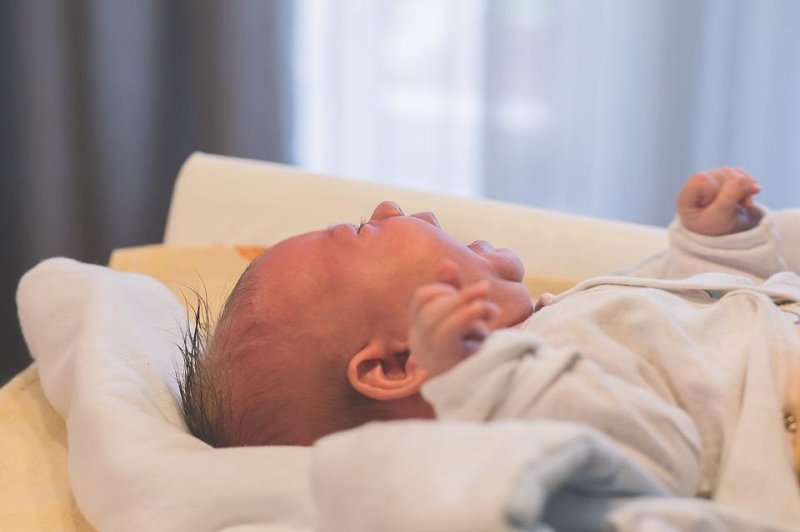Sept. 19 (UPI) -- Physicians have come to a consensus that shaken baby syndrome is an evidence-based diagnosis, despite controversy in courts and the media.
Shaken Baby Syndrome: Science vs. Myth will be presented today at the 2017 American Academy of Pediatrics National Conference & Exhibition in Chicago.















